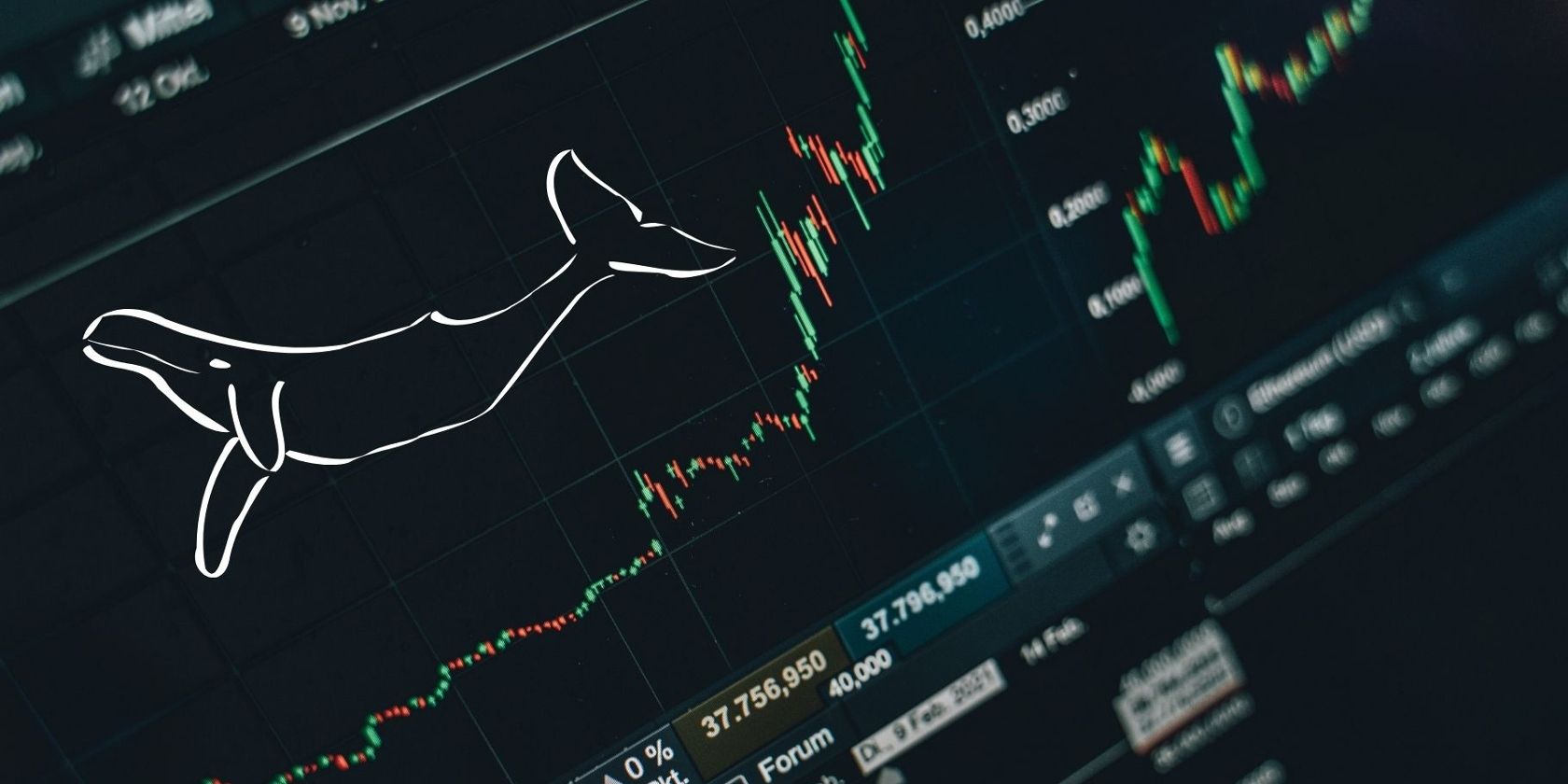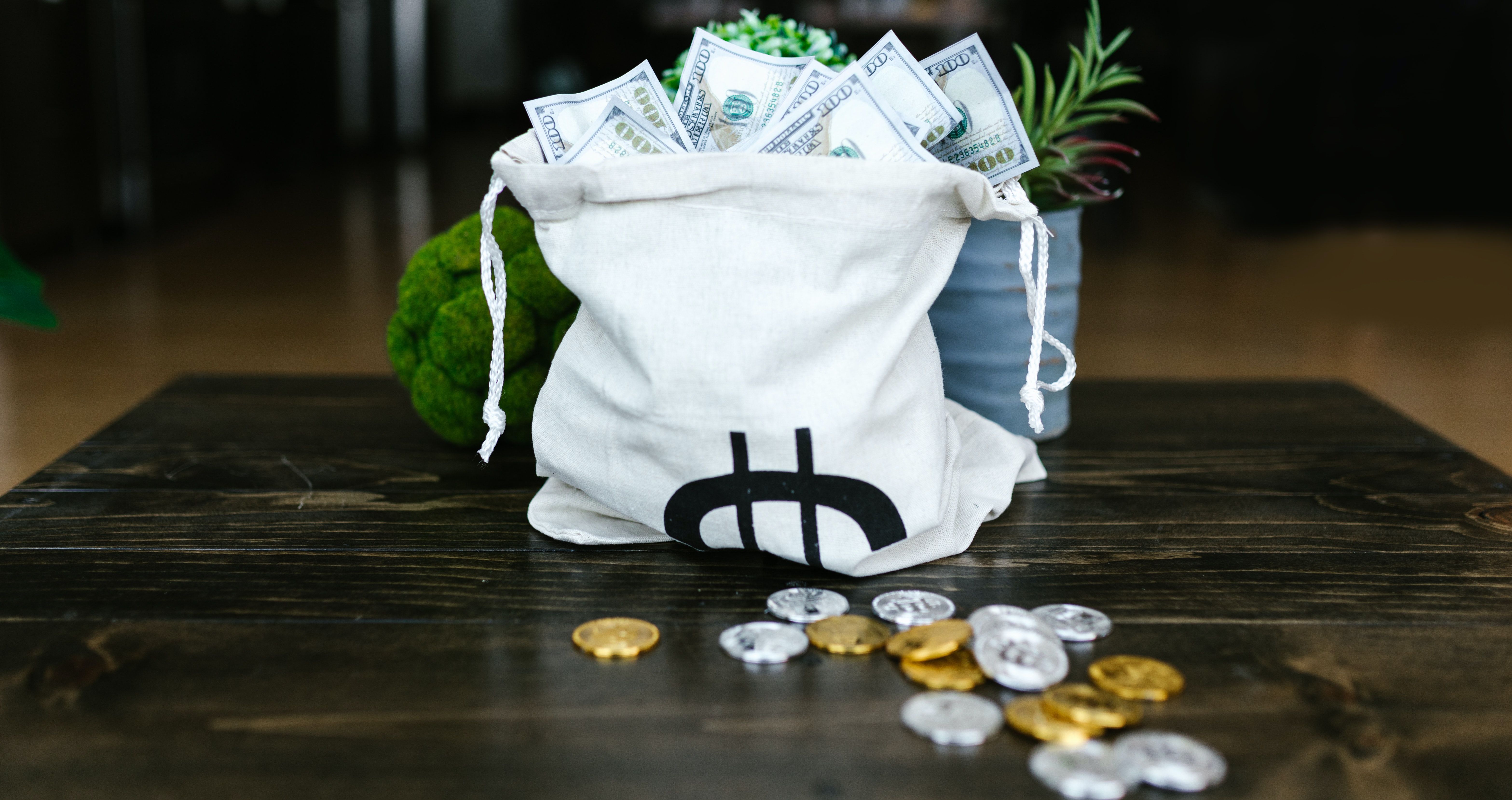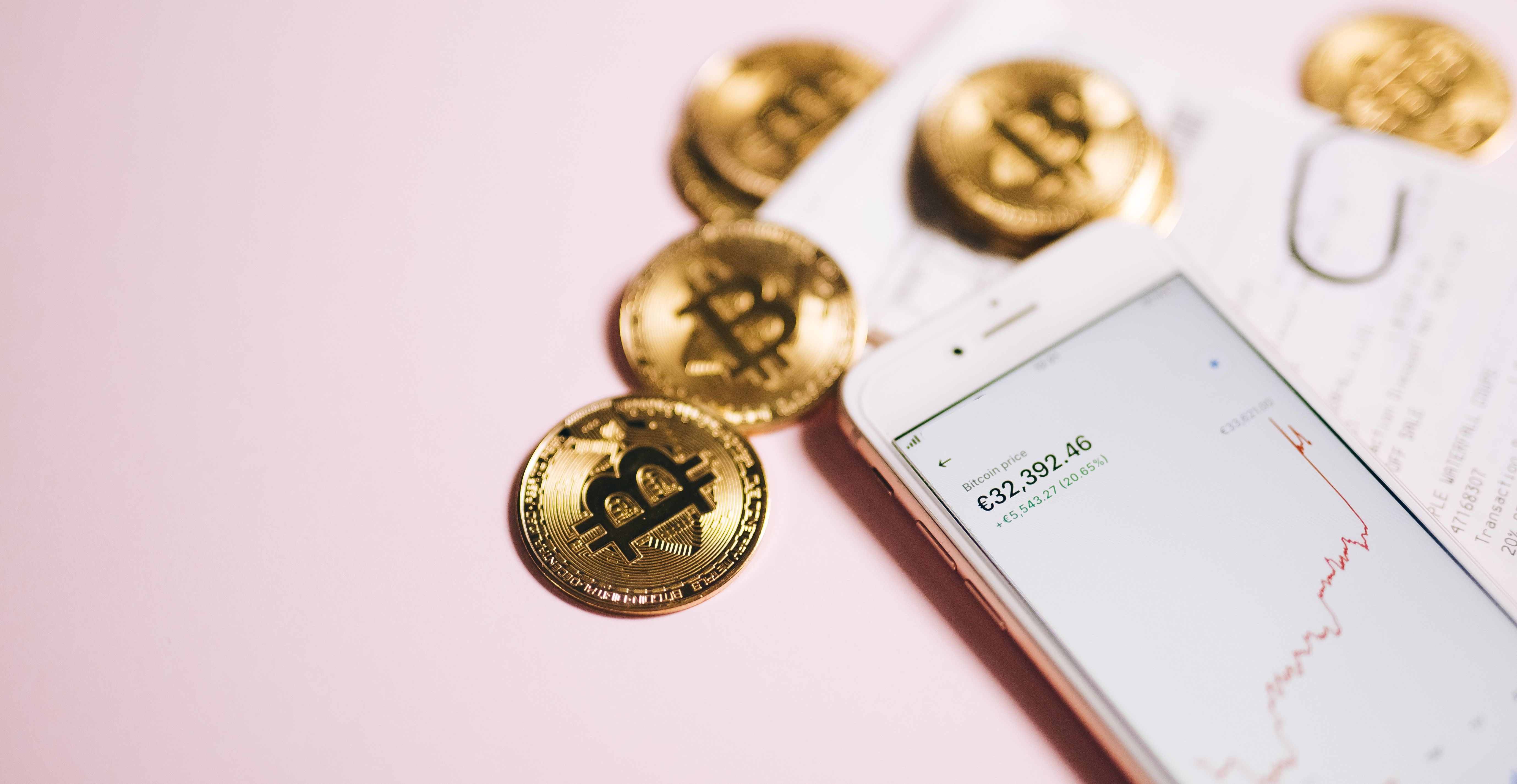The crypto market consists of all sorts of people. From crypto novices who are yet to invest to billionaires with massive holdings, everyone who has a stake in the market has different intentions and perspectives. And, sometimes, a person's crypto funds make them hugely influential players in the game: crypto whales.
So, what exactly does the term crypto whale mean? What makes someone a crypto whale, and are they good or bad news for the market?
What Is a Crypto Whale?
A whale is an individual, group of individuals, or organization, with huge cryptocurrency holdings in the crypto world. This isn't just a few hundred thousand dollars in crypto. Rather, crypto whales have funds that range in the millions and billions. Big crypto owners are seen as whales, while regular, run-of-the-mill traders are seen as little fish. While some whales choose to hold onto their crypto in the hopes that the market will continue to grow, others can use their huge funds to make the market fluctuate in their favor.
Some individuals own vast amounts of altcoins. However, many of the biggest crypto holders have made their millions, or billions, using Bitcoin. They are known as Bitcoin whales. Examples of Bitcoin whales include the Winklevoss twins, Michael Saylor, and the elusive Satoshi Nakamoto, creator of Bitcoin.
Around 40% of Bitcoin in circulation is owned by just a thousand of these whales, meaning they are holding truly gargantuan amounts. If you own 1,000 or more Bitcoins, then you can officially call yourself a whale, but this number is minuscule compared to the shares held by some whales.
The Winklevoss twins, for example, are estimated to own around 70,000 BTC. This currently amounts to almost three billion dollars. Only around 2,000 individuals in the world can even call themselves Bitcoin whales, so it's an exclusive group, to say the least.
In a sense, you could view crypto whales as the "elite" of the market. But do they pose a problem for regular folk who own cryptocurrency?
Are Crypto Whales Dangerous?
Whether a crypto whale can be dangerous depends on what they choose to do with their funds. If a whale decides to manipulate the market solely for their own benefit, this can be hugely problematic, but they can be beneficial, too.
In the autumn of 2021, the price of the Shiba Inu (or SHIB) meme coin surged as Ethereum crypto whales continued to buy up more and more tokens. In December of the same year, a single whale bought a shocking 4 billion SHIB, which amounted to over $130 million at the time. Industry experts speculated that numerous Ethereum whales were buying SHIB because it had recently dropped and was far more affordable, but no one knows the true reason.
In any case, these mammoth purchases resulted in a significant price increase for Shiba Inu, which was good news for anyone who wanted to sell their holdings and make a profit.
Unfortunately, this surge was short-lived, and the value of Shiba Inu quickly began to decrease in the following weeks. The initial price increase seen in December may have prompted individuals to buy more SHIB under the assumption that this price hike would continue. So, such erratic fluctuations caused by whales can be dangerous.
At the moment, there's nothing that one can really do to prevent whales from quickly influencing the price of any crypto. If an individual wants to buy or sell a huge number of tokens, they can, and this will affect the market price whether they want it to or not.
Crypto Whales Can Truly Make or Break a Market
If one or more crypto whales decide to make the same big move on a specific token, there's no stopping a price fluctuation. Whether they're dumping their holdings or buying up new assets, the average crypto owner's position in the market can be drastically improved or totally ruined by these all-powerful investors. Let's just hope they have us all in mind when they make their next move!



